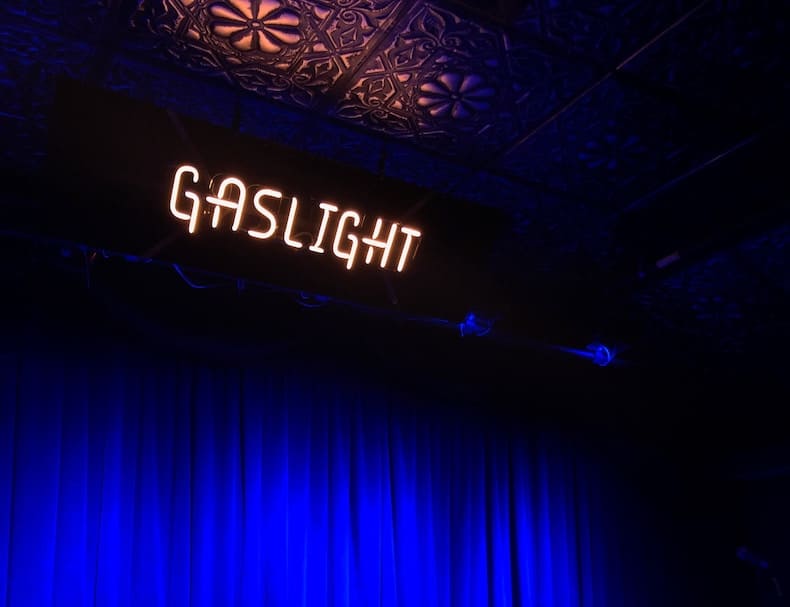
Introduction to Gaslighting in Neurodiverse Couples
Neurodiverse couple relationships can be incredibly rewarding, and filled with unique perspectives and experiences. However, they also come with their own set of challenges, as partners navigate differences in communication styles, sensory sensitivities, and emotional processing. Gaslighting, a form of emotional manipulation and abuse, can be particularly damaging in these relationships. This article explores the intersection of gaslighting and neurodiversity in couples, shedding light on the hidden struggles and offering insights on recognizing and addressing this harmful behavior.
Understanding Neurodiversity
Neurodiversity is a concept that recognizes and celebrates the natural variation in the human brain. It encompasses a wide range of conditions, including autism, ADHD, dyslexia, and more. Neurodiverse individuals have unique strengths and abilities but may also face challenges in social interactions, communication, and sensory processing.
In neurodiverse couple relationships, partners often have distinct ways of perceiving and interacting with the world, which can lead to misunderstandings and miscommunications. It is essential to acknowledge and respect these differences while building a healthy and supportive partnership.
What is Gaslighting?
Gaslighting is a manipulative tactic used by people to control and undermine their partners’ perception of reality. It involves making the victim doubt their thoughts, feelings, and memories, ultimately eroding their self-esteem and self-confidence. Gaslighting can manifest in various ways, including denial, trivialization, projection, and blame-shifting. In neurodiverse relationships, gaslighting can be especially harmful due to the unique challenges already present.
Gaslighting in Neurodiverse Couples
Gaslighting can manifest in neurodiverse couples in distinctive ways, making it crucial to recognize these behaviors to protect the well-being of both partners. Here are some common scenarios and strategies employed in gaslighting neurodiverse relationships:
Invalidating Sensory Sensitivities:
One partner may invalidate the sensory sensitivities of their neurodiverse partner, dismissing their discomfort or distress as overreactions or seeking attention. For instance, an autistic partner who experiences sensory overload might be told to “just get over it” or “stop being so dramatic.” This invalidation erodes the trust and emotional safety within the relationship.
Dismissing Communication Differences:
Neurodiverse individuals often have unique communication styles and preferences. Gaslighting occurs when one partner belittles or dismisses their partner’s way of communicating. For instance, a neurotypical partner may accuse their neurodiverse partner of being “rude” or “uncaring” because they struggle with making eye contact or showing facial expressions in the expected way.
Denying Emotional Experiences:
Gaslighting can take the form of denying or trivializing the emotions of a neurodiverse partner. They may be made to feel like their emotions are “wrong” or “irrational.” For example, if an autistic partner is struggling with impulsivity and forgetfulness, their neurotypical partner might belittle their efforts to manage these challenges.
Shifting Blame for Misunderstandings:
In neurodiverse relationships, misunderstandings can happen more frequently due to differences in processing information and interpreting social cues. A gaslighter may exploit these misunderstandings to shift blame onto their partner, making them feel responsible for every problem in the relationship.
Recognizing Gaslighting
Recognizing gaslighting in neurodiverse relationships can be challenging, but it is essential to address this harmful behavior. Here are some signs to help you identify gaslighting in your relationship:
- Constantly second-guessing yourself or feeling confused about your reality.
- Feeling like you are always at fault for issues in the relationship, even when you have evidence to the contrary.
- Experiencing a persistent sense of guilt, shame, or self-doubt.
- Feeling that your emotions are frequently invalidated or dismissed by your partner.
- Suffering from anxiety, depression, or other mental health issues due to your relationship dynamics.
- Isolating yourself from friends and family because of your partner’s influence.
Addressing Gaslighting in Neurodiverse Relationships
Addressing gaslighting in neurodiverse relationships requires a combination of self-awareness, open communication, and seeking support when necessary. Here are some steps to consider:
Self-Reflection:
Start by reflecting on your relationship and your own experiences. Recognize when you may have been gaslit and the impact it has had on your well-being. Acknowledge your right to a safe and respectful relationship.
Seek Support:
Consider seeking support from a therapist or support group specializing in neurodiverse relationships. These resources can provide guidance, validation, and strategies for addressing gaslighting.
Open Communication:
Initiate a calm and honest conversation with your partner about gaslighting. Use “I” statements to express your feelings and experiences, avoiding accusatory language. Encourage them to share their perspective as well.
Set Boundaries:
Establish clear boundaries in the relationship. Discuss what behaviors are unacceptable and their consequences. Be prepared to enforce these boundaries if necessary.
Build a Support Network:
Reach out to friends and family who can offer emotional support and understanding. Isolation can make gaslighting more effective, so maintaining connections outside the relationship is vital.
Consider Couples Therapy:
If open communication and self-reflection do not lead to positive changes, consider therapy for neurodiverse couples. A qualified therapist can mediate discussions and provide guidance for healthier communication and problem-solving.
Conclusion
Gaslighting in neurodiverse couple relationships can be particularly insidious, as it preys on existing vulnerabilities and differences in perception and communication. It is crucial to recognize the signs of gaslighting and take steps to address it. By fostering open communication, seeking support, and setting boundaries, neurodiverse couples can build healthier and more fulfilling relationships, ensuring that both partners can thrive and be their authentic selves. Remember, every individual deserves respect, understanding, and empathy in their relationship, regardless of their neurodiversity.
Dr. Kenneth Roberson is an Autism Spectrum Disorder psychologist in San Francisco with over 30 years of experience.
